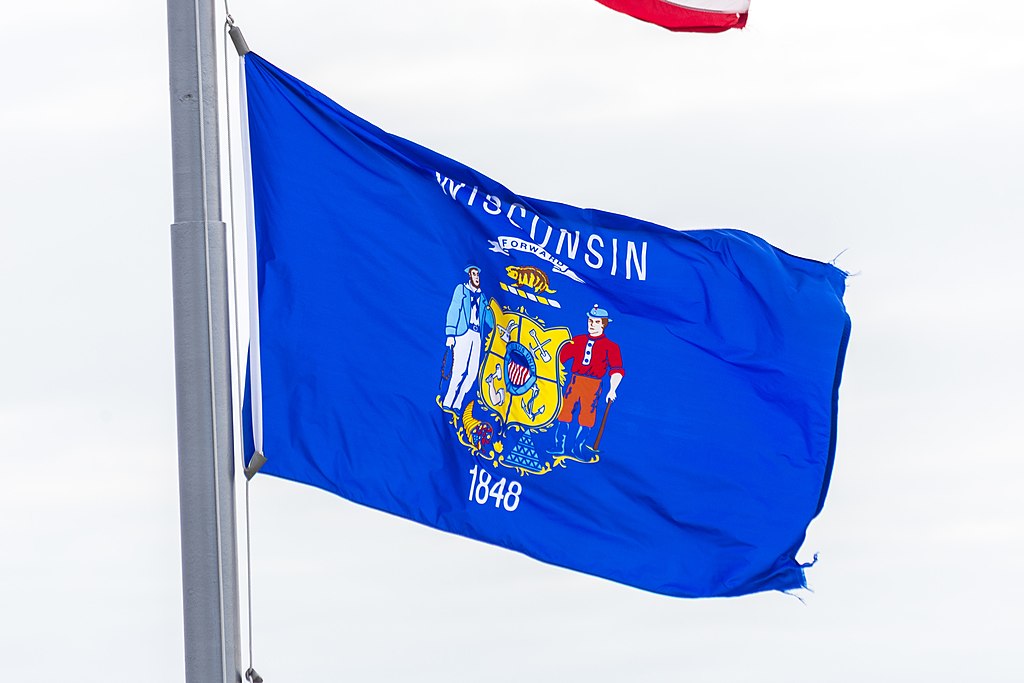Following the 2016 presidential election, two states—Wisconsin and Nevada—conducted recounts after receiving requests from candidates. Neither recount changed the election outcome. Below is a brief look at those recounts, who requested them, and what effect they had on vote totals
Wisconsin
Green Party candidate Jill Stein requested a full recount in Wisconsin on Nov. 25, saying the election had been hacked. Prior to the recount, Donald Trump (R) led Hillary Clinton (D) by 27,257 votes. The recount began on Dec. 1 and finished on Dec. 12. As a result, Clinton gained 713 votes and Trump gained 844, adding 131 votes to his margin of victory.
Nevada
Partly in response to Stein’s requested recount in Wisconsin, Reform Party candidate Rocky De La Fuente requested a partial recount of four counties and Carson City, Nevada, on Nov. 29. The recount began on Dec. 5 and finished on Dec. 8. As a result, Trump lost six votes and Clinton lost nine, subtracting three votes from her margin of victory.
Stein also requested recounts in Michigan and Pennsylvania but neither was completed. In Michigan, Stein ended her request after a series of court challenges, which involved a state ruling that Stein had no standing to request a recount. In Pennsylvania, Stein withdrew her request amid additional court challenges.
According to a study by FairVote, between 2000 and 2015, there were 4,687 statewide general elections, 27 of which (0.58%) resulted in statewide recounts. Of those 27, three changed the election outcome: Minnesota’s 2008 U.S. Senate election, Vermont’s 2006 State Auditor election, and Washington’s 2004 gubernatorial election. None of those three swung the winning candidate by more than 500 votes. FairVote describes itself as a “nonpartisan champion of electoral reforms that give voters greater choice, a stronger voice, and a representative democracy that works for all Americans.”


